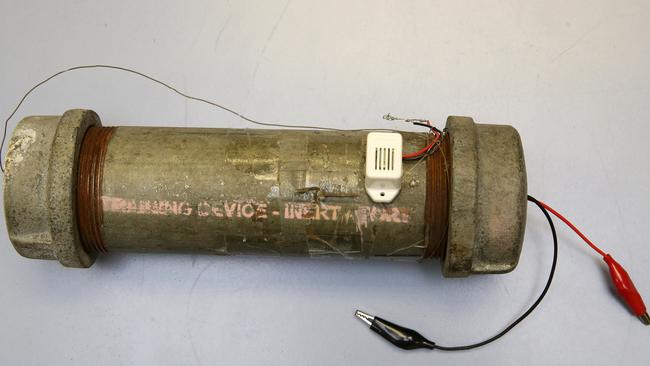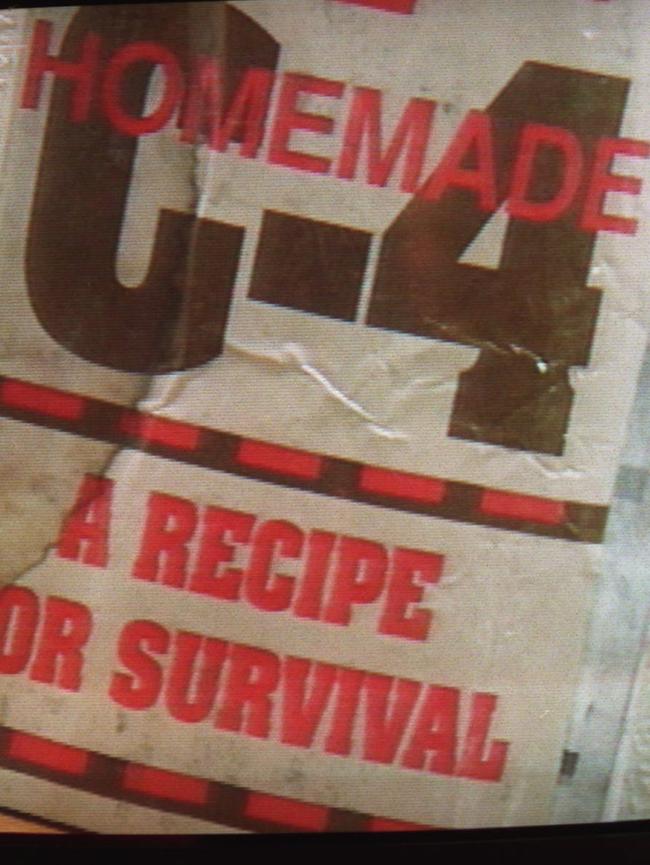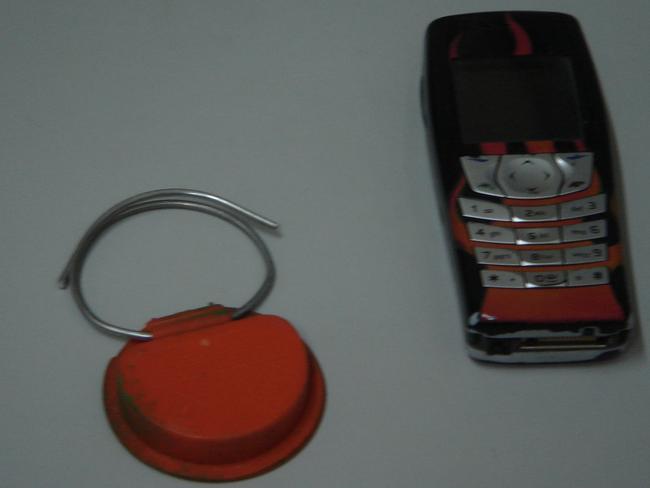Police launch explosives amnesty in a bid to get dangerous weapons away from ‘terrorists’
THE first-ever amnesty allowing people to hand in homemade explosives, detonators and bombs will be launched next month to stop them falling into the hands of criminals and homegrown jihadis.

NSW
Don't miss out on the headlines from NSW. Followed categories will be added to My News.
THE first-ever amnesty allowing people to hand in homemade explosives, detonators and bombs will be launched next month to stop them falling into the hands of criminals and homegrown jihadis.
Bomb Squad officers are ready to disarm and collect any devices reported by the public, while those possessing the explosives will be exempt from prosecution.
Signal flares and fireworks have also been included. However, people are warned against turning up to police stations to hand in explosives over the counter.

The amnesty marks a further escalation in police efforts to curb a potential terrorist attack occurring in Australia, although officers have been told the initiative is not a direct response to current terrorism threat levels.
Codenamed Operation Fragor, it will begin on May 1 and last until mid-September and is timed to coincide with the cooler months for “safety reasons”.
The NSW government has already paved the way for the initiative, making temporary amendments to the NSW Explosives Act so people without an appropriate licence can be exempt from prosecution.
A memo issued to officers said: “The amnesty is a safe and proactive way to reduce the amount of dangerous explosives in the community.”
However, a police spokesman said: “Under no circumstances are materials to be transported to a police station. Simply call police who will inspect and ultimately dispose of the materials.”
Criminals have a long history of hoarding military equipment and bomb-making materials for use in gang warfare and, just like stolen firearms, explosives are highly sought after.

Such devices have often been diverted from legitimate or licensed sources, such as companies that use them for commercial purposes, or from the Defence Force.
Among the most prominent cases is that of Adnan Darwiche, a criminal serving a triple-life sentence in prison who, in 2006, negotiated the sale of a rocket launcher to police, one of 10 that had been stolen from the army.
As part of the deal, Darwiche also handed back nearly 20kg of Powergel explosives and coils of detonator cord. Powergel is generally used to conduct controlled blasts at quarries.
The remaining nine rocket launchers have never been located, but several recent police seizures suggest an abundance of bomb-making materials and explosives remain in the community.
While firearm amnesties and buybacks have occurred in the past, most notably after the Port Arthur Massacre in 1996, this will mark the first time NSW has held an amnesty for explosives.
Last month officers raided the house of a 64-year-old man in Dubbo, finding explosives and a blast grenade.


